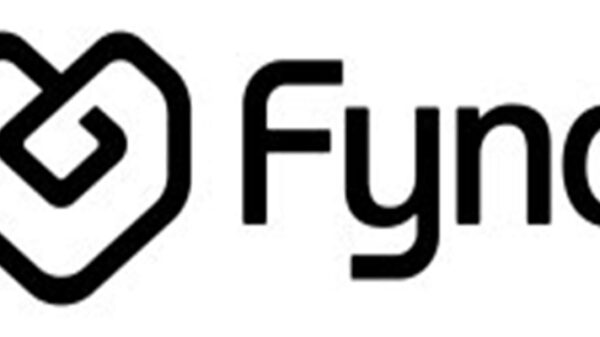By Precious Emechebe
In today’s professional climate, the role of an Executive Assistant (EA) is disruptive. Much so with the availability of advanced technological and organisational tools.
Beyond managing information flow and attending meetings for high-level professionals such as a Chief Experience Officer (CXO), EAs now actively take part in more strategic, supervisory, and authoritative decisions.
To quote The Assist, “Today’s Chief Executives lean on their assistants not just for admin help but also for strategic counsel, technical expertise and critical analysis. EAs are expected to dabble in things as wide and varied as project management, event planning, and internal communications.”
This makes EAs as vital to an organisation’s growth and success as any other high-level professional.
So, what are these roles, their limitations, and their impact? Let’s take a deep dive:
1. EAs as Strategic Partners: EAs have a deep understanding of the industry they work in and the regulatory framework and policies that affect said industry. As a result, they make valid contributions that progress conversations and decisions of their Executives.
2. EAs as Professional Problem Solvers: Impossible is a word that does not exist in the dictionary of an EA. They are super connectors that make connections within and beyond their network. They make the most of their networking activities by keeping records of vital information on acquaintances and are quick to assist when necessary. This helps them earn and maintain lifetime access to influential decision-makers, thereby positively impacting the Executives and organisations they represent.
3. EAs as Trusted Confidants: A professional EA understands that one of the most significant responsibilities of the role is trust. This responsibility stems from working closely with those whose corridors crucial information is shared, and decisions are made regularly. Therefore, trust is an attribute they earn and do not trade for anything.
A professional EA is discreet, unassuming and cautious of the words they speak, as they understand the gravity of their responsibility and the consequences of loose lips.
These said, EAs are and can be more.
As an EA, you must stay committed to the path of personal and professional development. You are expected to take essential courses, join empowering associations to grow your network and influence, and expand your horizon.
This is critical in changing the prevalence of a wrong perception about the EA role limitations. It positions you as an asset to your superiors and your organisation.
Now, in what ways can an EA be an asset to a CXO or other superiors?
We’ll consider these two main factors:
1. The CXO or superior’s willingness to delegate part of their workload to the Executive Assistant: The essence of Executives having EAs is to have more time to focus on optimising strategic thinking and execution.
Melba Duncan, CEO of Duncan Group, in her 2011 Harvard Business Review article titled ‘The Case for Executive Assistants’ stated, “… an EA must make the executive 8% more productive than he or she would be working solo—for instance, the assistant needs to save the executive roughly five hours in a 60-hour workweek.”
Diligent EAs save their bosses much more time than that. As Robert Pozen, Senior Lecturer at MIT Sloan School of Management, puts it, “A top-notch assistant is crucial to being productive.”
Progressive-minded CXOs are happy to empower and delegate work to competent EAs with the trust and assurance of professional execution.
Ultimately, an empowered EA can strategically organise and follow up on action items, manage information flow, attend to financial matters, and attend important meetings on their superior’s behalf.
2. The EA’s willingness to stretch beyond their comfort zone to assume new responsibilities: Successful EAs are simply those who don’t compromise on personal development. They are willing to push themselves beyond the rudimentary requirements of their jobs, utilising new languages, relations, and technological skills to function in global markets.
These types of EAs are invaluable assets to their bosses as they become masters in their primary roles, with the capacity and competence to take on new responsibilities.
Such EAs usually score high on emotional intelligence, as they can read their bosses’ shifts in behaviour and temperament, respond correctly, and accommodate their style to help them win.
These attributes endear such EAs to their bosses, who become more comfortable with participating in their growth within and outside the organisation.
To put it succinctly, Executive–Assistant relationships are business partnerships; strong ones are win-wins.
Precious Emechebe is the Executive Assistant to the Chief Executive Officer of MultiChoice Nigeria.
![]()




























































